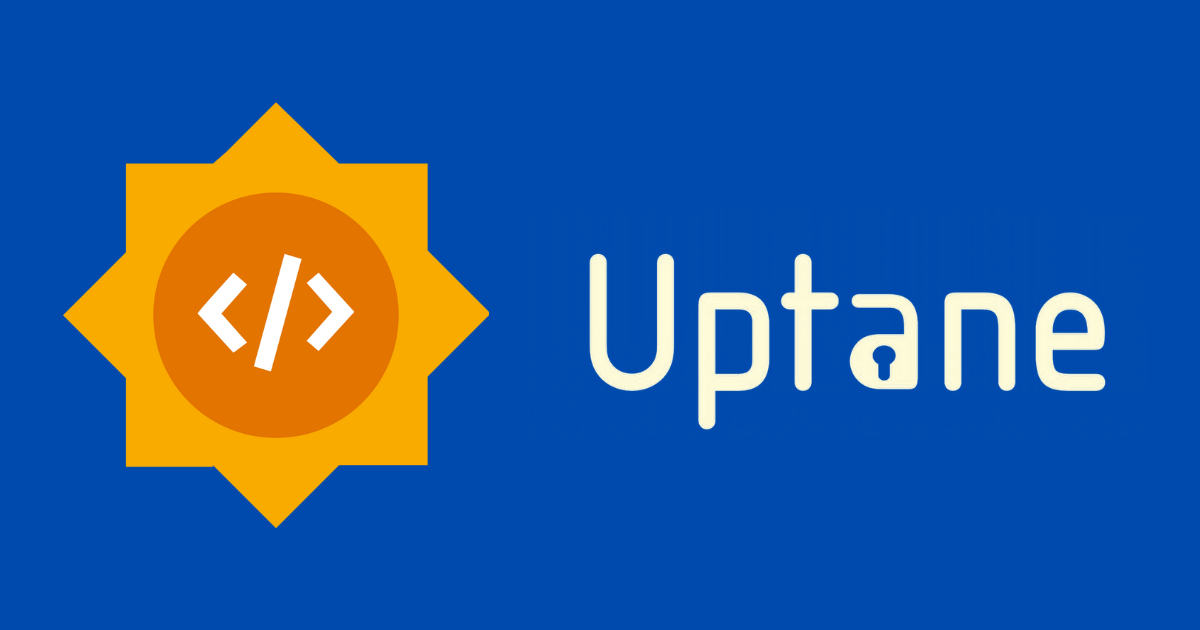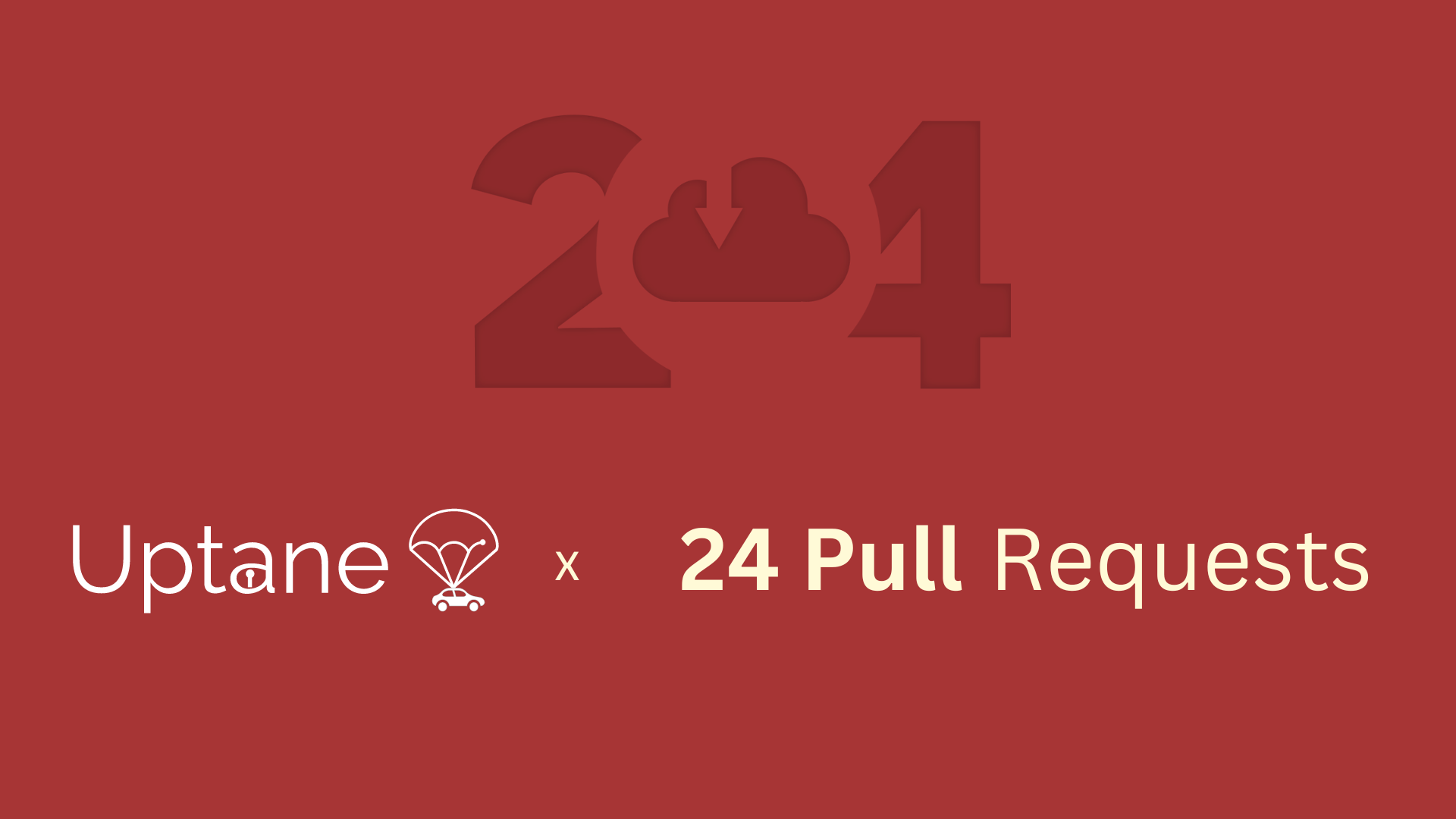

A Secure Software Update Framework for Automobiles
Resilient protection against all attackers
Uptane is the first software update security system for the automotive industry capable of resisting even attacks by nation-state level actors. It is designed so that the security of software updates does not degrade all at once, but follows a hierarchy in which different levels of access to vehicles or the automaker’s infrastructure must be gained before irreparable damage can be inflicted. By building these levels into the security system, even if an attacker compromises servers, bribes operators, or gains access to vehicular networks, he or she is prevented from causing many types of harm to the vehicle.
Why Uptane?
Resilient
- Acknowledging that all systems will eventually be hacked, Uptane is designed to minimize the damage of a compromise and assure rapid recovery.
Adaptable
- Uptane takes a modular approach to problem-solving, so legacy systems can upgrade security without the need for extensive retrofitting
Responsive
- The Uptane Standard is a living document that is quick to respond to community input.
Getting to know Uptane
Putting Uptane to work
Read latest from Uptane

Exciting Opportunities Await: Uptane Calls for GSoC 2024 Idea List Submissions!
Read More

Uptane GSoC'23: A Journey of Revamping and Enhancing User Experience 🚀
Read More

Uptane Joins 24 Pull Requests for a Season of Open Source Giving ❄️
Read More
Join the Uptane community
Join the ever-growing Uptane community for updates, support, and collaboration.
Uptane Standards Committee Meeting
Biweekly Tuesdays | 10:00 AM ET
We are a Linux Foundation Joint Development Foundation Project, LLC, Uptane Series.





